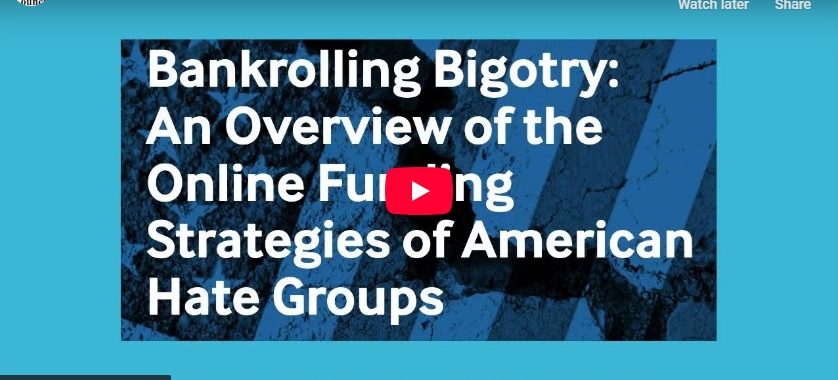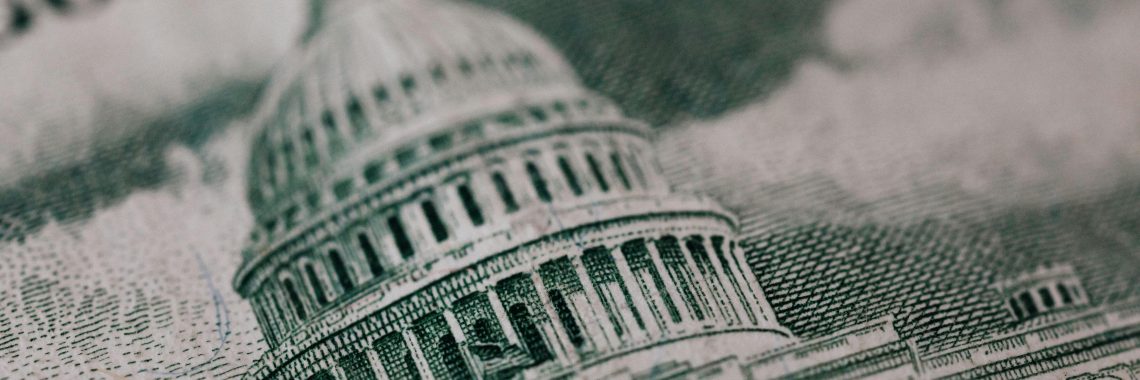Federal Banking Regulator Confirms Major Banks Engaged in Debanking

The Office of the Comptroller of the Currency released a report last month confirming that America’s nine largest banks systematically debanked customers over their political beliefs.
The OCC’s preliminary findings show that between 2020 and 2023, JPMorgan Chase, Bank of America, Citibank, Wells Fargo, U.S. Bank, Capital One, PNC Bank, TD Bank, and BMO Bank all maintained policies restricting access to banking services for certain industries.
These banks imposed restrictions on sectors including oil and gas exploration, coal mining, firearms, private prisons, tobacco manufacturers, and digital assets simply because these activities were “contrary to [the bank’s] values” or might have posed a “reputation risk” to the bank.
Over the past four years, congressional testimony and news stories have highlighted how federal officials and financial institutions targeted conservative organizations through debanking.
Conservatives deemed “high risk” could have their bank accounts closed without warning and without explanation
During the Biden Administration, the U.S. Treasury Department gave financial institutions an analysis titled, “Bankrolling Bigotry” that listed legitimate, conservative groups such as Alliance Defending Freedom, the American College of Pediatricians, American Family Association, Eagle Forum, Family Research Council, Liberty Counsel, National Organization for Marriage, and the Ruth Institute as “Hate Groups” alongside the KKK and the American Nazi Party.
We also now know the U.S. Treasury Department gave banks and other financial institutions guidance that encouraged them to comb through transactions for terms like “Bass Pro Shops,” “Cabela’s,” and “Dick’s Sporting Goods” when looking for “Homegrown Violent Extremism.”
In 2021 Family Council’s credit card processor — a company owned by JPMorgan Chase — terminated our account after designating our organization as “high risk.”
At 10:29 AM on Wednesday, July 7, 2021, our office received a terse email from our credit card processor saying, “Unfortunately, we can no longer support your business. We wish you all the luck in the future, and hope that you find a processor that better fits your payment processing needs.”
Within 60 seconds, Family Council could no longer accept donations online. The processor never explained why we were labeled “high risk.” All we can do is speculate that our conservative principles and our public policy work might have had something to do with the decision to close our account.
Unfortunately, this is not an isolated incident. Other organizations have had similar experiences as well. In fact, corporate shareholders, state attorneys general, members of Congress, and news outlets have all expressed concerns over conservatives being wrongly labeled as “high risk” or “hate groups” and subsequently debanked.
It’s worth pointing out in August, President Trump signed an executive order to protect fair banking for all Americans, and JPMorgan Chase and Bank of America have taken steps to prevent politically motivated debanking.
Family Council is grateful to the many people and organizations who have stood up against debanking in recent years. After all, banks that are too big to fail should also be too big to discriminate. Nobody should have their bank account closed for what they believe.
Articles appearing on this website are written with the aid of Family Council’s researchers and writers.
Congressman Hill Issues Final Report on President Biden’s Debanking of Digital Assets

Last week House Financial Services Committee Chairman French Hill of Arkansas released a report detailing how the Biden Administration systematically cut off digital asset businesses from banking services.
The 53-page report, titled “Operation Choke Point 2.0: Biden’s Debanking of Digital Assets,” reveals how federal regulators used vague rules and informal pressure to force banks away from serving cryptocurrency companies. At least 30 digital asset entities lost access to financial services under this coordinated campaign.
“Targeting Americans over their political views erodes trust in the financial system and undermines the core freedoms our nation was founded on,” Chairman Hill said in announcing the report.
Over the past four years, congressional testimony and news stories have highlighted how federal officials and financial institutions targeted conservative organizations through debanking.
Conservatives deemed “high risk” could have their bank accounts closed without warning and without explanation. JPMorgan Chase, Bank of America, and other major financial institutions have been accused of debanking law-abiding Americans.
During the Biden Administration, the U.S. Treasury Department gave financial institutions an analysis titled, “Bankrolling Bigotry” that listed legitimate, conservative groups such as Alliance Defending Freedom, the American College of Pediatricians, American Family Association, Eagle Forum, Family Research Council, Liberty Counsel, National Organization for Marriage, and the Ruth Institute as “Hate Groups” alongside the KKK and the American Nazi Party.
The “Bankrolling Bigotry” analysis also outlines ideas on policies and laws aimed at preventing these groups from fundraising. Officials from the Treasury Department distributed this document to banks and financial institutions in January of 2021, calling it an “overview on the funding of American hate groups.”
We also now know the U.S. Treasury Department gave banks and other financial institutions guiding “typologies” — patterns they could use to identify suspicious people or activities — that included search terms and patterns like “TRUMP” and “MAGA.”
The department encouraged financial institutions to comb through transactions for terms like “Bass Pro Shops,” “Cabela’s,” and “Dick’s Sporting Goods” when looking for “Homegrown Violent Extremism.”
In 2021 Family Council’s credit card processor — a company owned by JPMorgan Chase — terminated our account after designating our organization as “high risk.”
At 10:29 AM on Wednesday, July 7, 2021, our office received a terse email from our credit card processor saying, “Unfortunately, we can no longer support your business. We wish you all the luck in the future, and hope that you find a processor that better fits your payment processing needs.”
Within 60 seconds, Family Council could no longer accept donations online. The processor never explained why we were labeled “high risk.” All we can do is speculate that our conservative principles and our public policy work might have had something to do with the decision to close our account.
Unfortunately, this is not an isolated incident. Other organizations have had similar experiences as well. In fact, corporate shareholders, state attorneys general, members of Congress, and news outlets have all expressed concerns over conservatives being wrongly labeled as “high risk” or “hate groups” and subsequently debanked.
It’s worth pointing out in August, President Trump signed an executive order to protect fair banking for all Americans, and JPMorgan Chase and Bank of America have taken steps this year to prevent politically motivated debanking.
Family Council is grateful to the many people and organizations who have stood up against debanking in recent years. After all, banks that are too big to fail should also be too big to discriminate. Nobody should have their bank account closed for what they believe.
Articles appearing on this website are written with the aid of Family Council’s researchers and writers.



